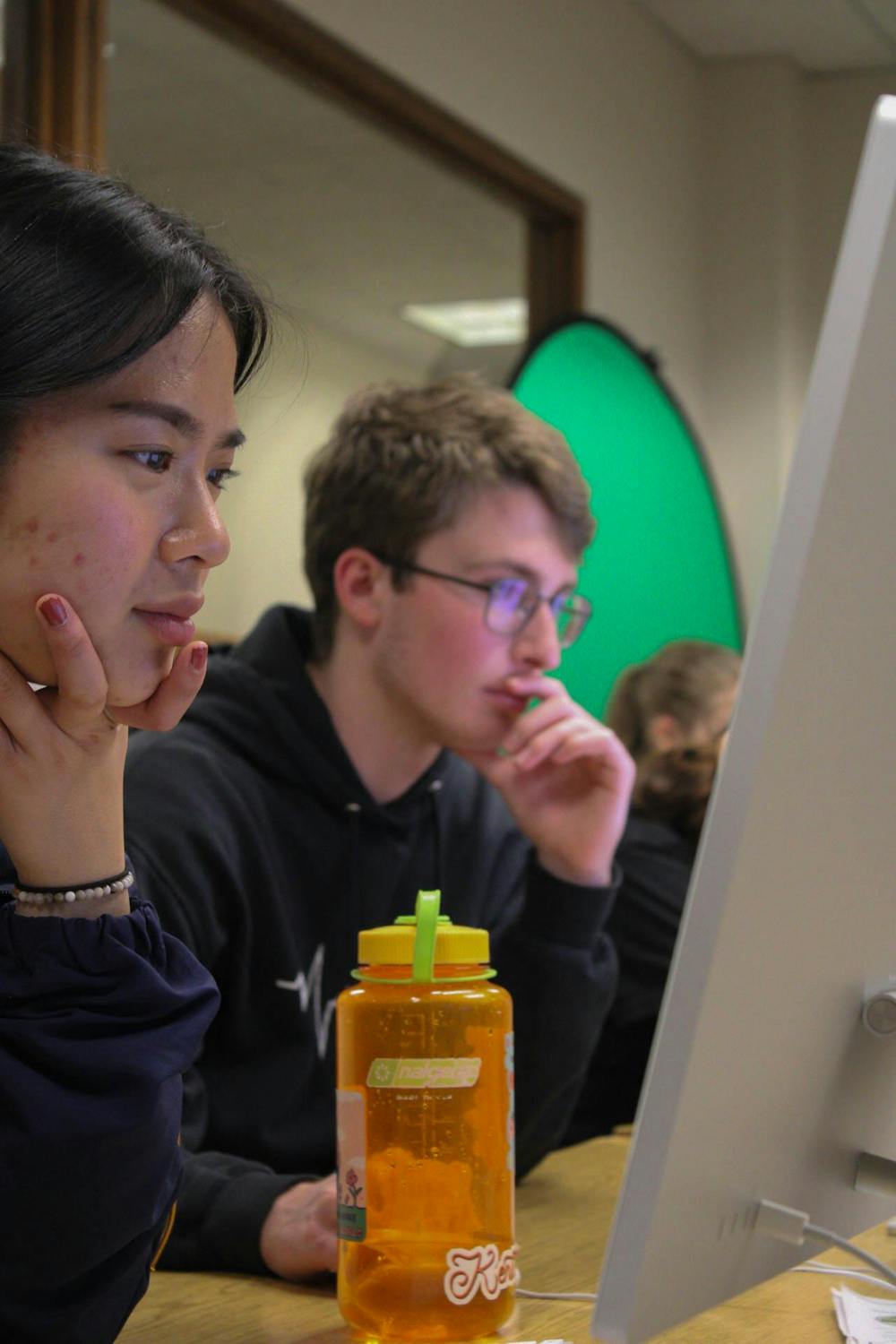Journalism is evolving, not growing extinct. Therein lies an important distinction.
Alongside the changing methods of receiving one’s news, threats to journalistic integrity are prevalent — bias, emotional storytelling, fake news.
Yet, journalists are not fearful of these realities impeding their commitment to truth-telling.
They agree that, first, the need for media literacy is greater than ever, and second, that there is one central aim of journalism that has not changed since the beginning: help people see others.
Michael Longinow is a professor of journalism at Biola University in La Mirada, California.
It was a journalism class during his undergrad at Wheaton College in Wheaton, Illinois, that sparked his interest in the field.
“I just really sensed that that was an unreached people group,” he said. “I just saw that a Christian who really knows how to do reporting can tell stories that can make a difference and can bring change, give a voice to people that either have no voice, who have been silenced, or whose voice is so marginalized that they just don’t have an opportunity.”
Longinow went on to work as a cartoonist and sports editor with Wheaton’s newspaper, then continued his journalism education at University of Illinois before teaching.
The January 6, 2021, protest at the United States Capitol in Washington, D.C., Longinow said, is one example that represents the growing need for journalists to guide readers to the truth.
“(The event) really showed journalists how important it is for us to get the attention of people who just aren’t paying attention to the truth,” he said. “And ‘how do we get them to care about the truth’ is really our dilemma, because social media is so persuasive, and real truth can be considered boring.”
Lisa Renze, managing editor at Free Press Indiana, dove into journalism at the age of 14, working for a radio station in her hometown. She later spent most of her career with the Indianapolis Star in the realm of education reporting.
Renze believes that journalism is more essential now than ever before.
“Some of the biggest challenges, I think, are helping people understand that journalists, if they’re doing it the right way … and if they are abiding by our code of ethics, we don’t come with a preconceived notion about what something is,” she said. “We really come with a curiosity.”
Longinow teaches his students that, while every human holds bias, journalists must remain fair.
When reporting on a topic hits close to home, they have two choices.
“One is to hand the story off to somebody else who feels less emotional about this, or take a step back and ask yourself, ‘Why do I feel like this?’ … And then, once I know my own biases, look for ways to find voices that I disagree with to understand what’s really going on here and tell that story,” he said.
Alan Blanchard, associate professor of journalism at Taylor University, has extensive reporting, editing and teaching experience across several states. Prior to his time at Taylor, Blanchard worked in the journalism department at Cornerstone University.
One of the greatest impacts Blanchard’s work has achieved speaks to the power journalism holds to enact real policy change.
“When I was a young journalist in the Southwest I wrote stories for four years about a family whose children were unfairly kept from them by government social workers,” he said. “Eventually, state legislators, who read the stories, brought about the reunion of those children with their parents and siblings.”
Longinow, too, has seen reporting make a difference — right in his own county.
For a media narrative course project, his students decided to put together a book about migrants from the Middle East to Los Angeles; it came to be titled, “Newcomers to Neighbors.”
The work accomplished more than the students had set out to do.
“It was just a huge wake-up call for our students, and it built a bridge with Muslims in our community who came onto our campus and found out that our university doesn’t hate Muslims, isn’t afraid of them and just welcomes them as neighbors,” Longinow said.
Truth-telling is an art, not a science.
Journalists today must hold fast to the work that they’ve committed to do — they owe this to their communities.
While the methods have changed, the goal has stayed the same. Journalists are supposed to help people see those around them.
“Now more than ever, the world needs smart, educated, ethical journalists,” Renze said. “I think there’s just such a nobility in that — in helping people understand how their government works, how their neighborhoods work, what the family down the street might be going through.”




